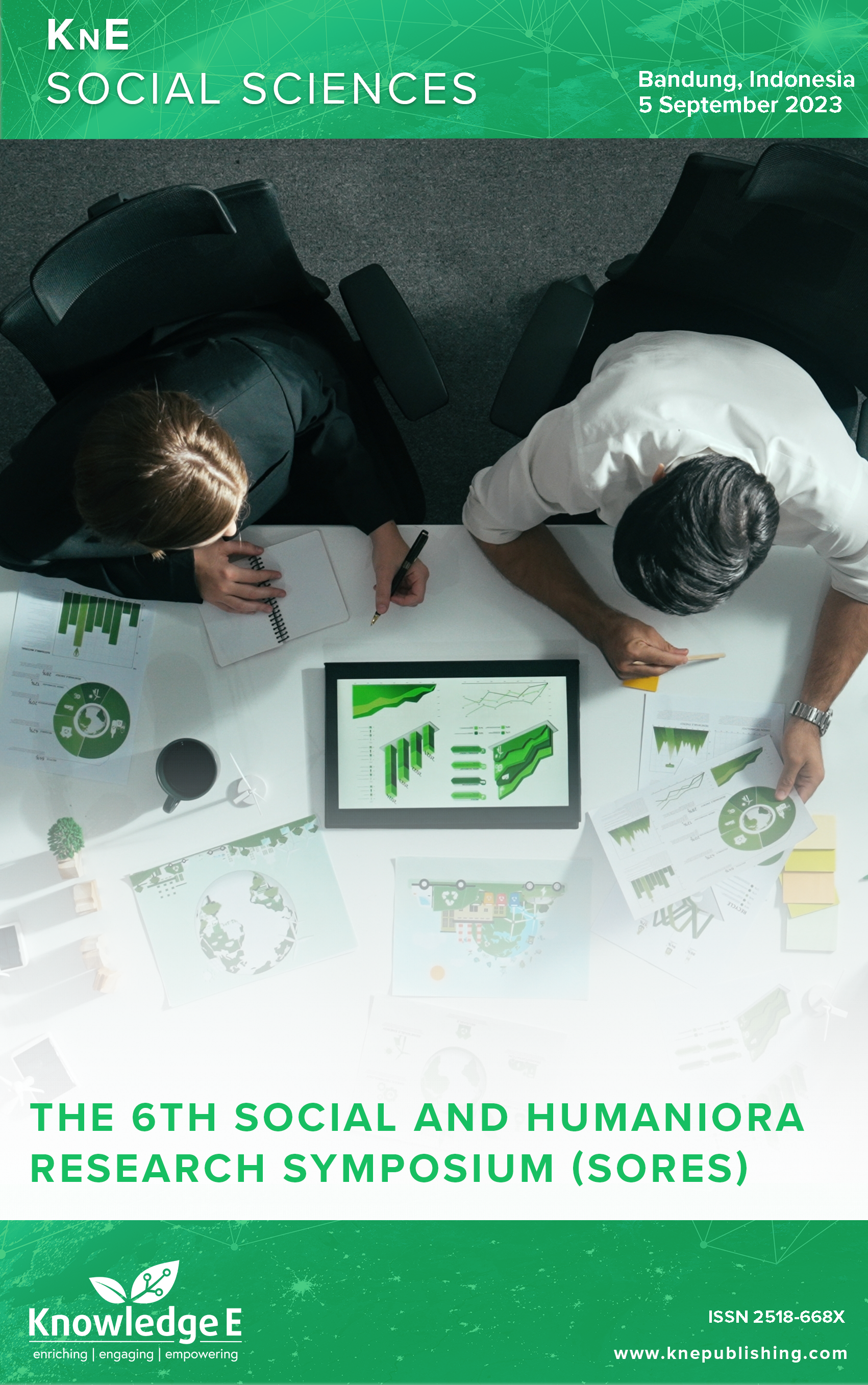The Implementation of the Indonesian Council of Ulama (Mui) Halal Certification to Msme Products to Realize Consumer Protection
DOI:
https://doi.org/10.18502/kss.v9i24.16866Abstract
The consumer protection law regulates the rights and obligations to obtain clear information about the products consumed. One essential piece of information is halal certification, specifically the presence of halal labeling issued by BPJPH (Halal Product Assurance Executing Agency). However, many consumers have not obtained or found halal labels on certain food products made by UMKM in Pekalongan City. Moreover, the majority of consumers in Pekalongan City are Muslims who strongly require need a halal labeling on food products. Business operators should seek halal certification of their processed products; however, in reality, many processed products lack halal guarantees. This research addresses the problem of educating UMKM business operators in the food product sector about the importance of halal certification, how to protect consumers if the food product already has a halal label, what is the role of the MUI if someone falsifies the halal label. The research method used is empirical juridical, normative juridical. Analysis using qualitative analysis.
Keywords: halal certification, consumer protection
References
[2] Disdukcapil Kota Pekalongan. Data jumlah penduduk berdasarkan agama tahun 2020-2021. Kota Pekalongan; 2022.
[3] Putra PA. “Kedudukan Sertifikasi Halal dalam Sistem Hukum Nasional Sebagai Upaya Perlindungan Konsumen dalam Hukum Islam,” J. Ekon. dan Keuang. Syariah. 2017;1(2):2.
[4] R. Maulida, “Urgensi Regulasi Dan Edukasi Produk Halal Bagi Konsumen,” Justicia Islam., vol. 10, no. 2, p. 153, 2013, [Online]. Available: https://doi.org/10.21154/justicia.v10i2.153.
[5] R. dan Nahrowi, “Sertifikasi Halal sebagai Penerapan Etika Bisnis dalam Upaya Perlindungan bagi Konsumen Muslim,”. Ahkam. 2014;14(1):145–54.
[6] Faridah HD. Sertifikasi Halal di Indonesia: Sejarah, Perkembangan dan Implementasi. J. Halal Prod. Res. 2019;2(2):2.
[7] Rahayuningsih E, Ghozali ML. Sertifikasi Produk Halal dalam Perspektif Mashlahah Mursalah. J. Ilm. Ekon. Islam. 2021;7(1):135–45.
[8] D. P. dan T. K. K. Pekalongan, “Data IKM di Kota Pekalongan tahun 2020,” Kota Pekalongan, 2021.
[9] Arifin R. Mengenal Jenis dan Tekhnik Penelitian. Jakarta: Erlangga; 2001.
[10] Pelu MI. Label halal; Antara Spiritualitas Bisnis dan Komoditas Agama. Malang: Madani; 2009.
[11] Undang Undang Nomor 33 Tahun 2014 Tentang Jaminan Produk Halal Pasal 25

